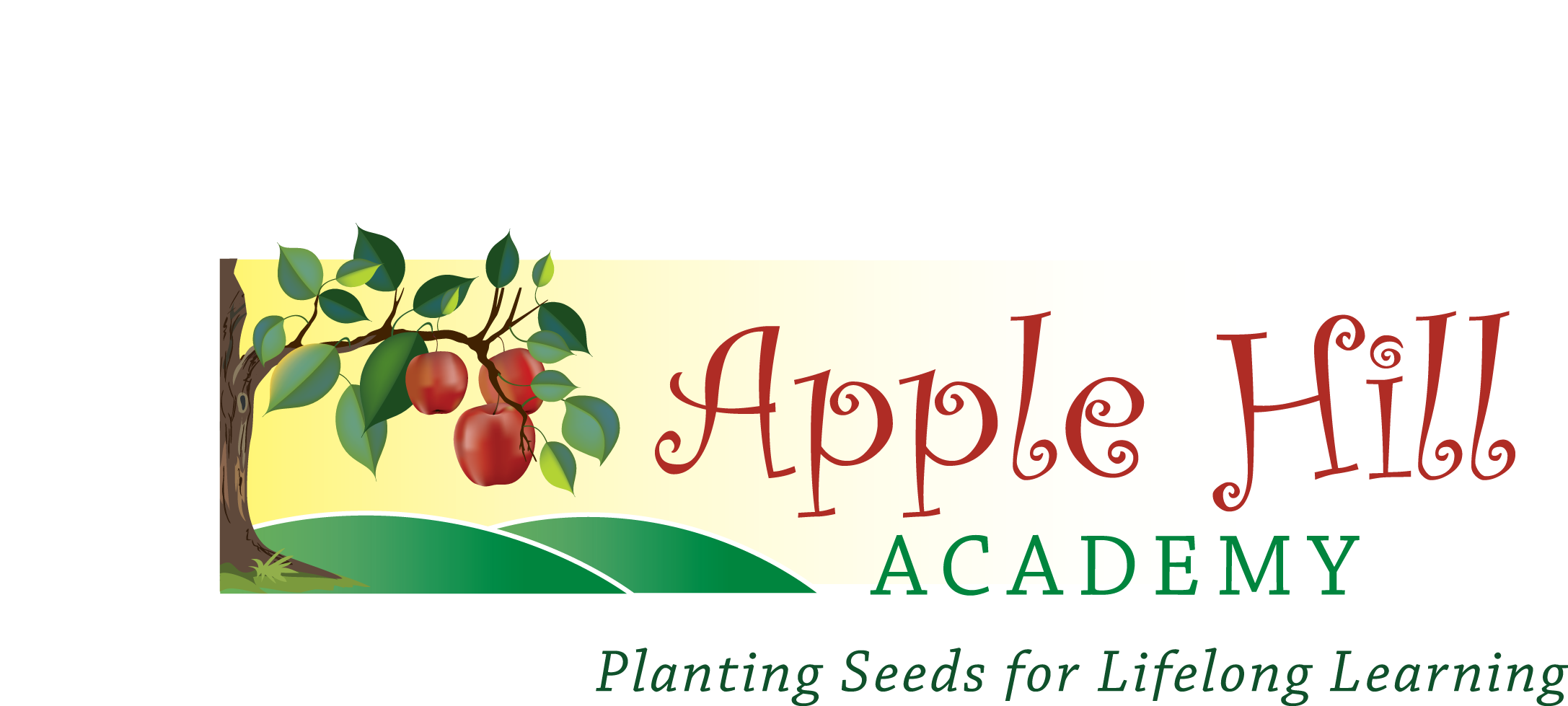There are so many different developmental stages that, even if you were to know and be able to identify them all, you would likely still struggle to keep up as your child slips seamlessly through them. Often, it seems like your child is riding along on a train of discovery following invisible tracks, sometimes speeding along too fast and others seemingly at a crawl. Today, we’ll go over the driving force behind toddler identity and crisis: Curiosity.
Dealing With Unlimited Curiosity
We’ve all seen the warning labels that read “Keep out of reach of children.” These things, by now, are accepted as necessary dangers to keep well out of sight, out of reach, and out of your child’s mind. The modern parent’s home is now almost entirely child proofed, and not just in the sense of padded corners. No, we have outlet covers, cabinet inhibitors, baby gates, and just about every other protective measure we can hope to have thought of in advance. All of these protective wards seek to ward off the danger that can follow a toddler’s curiosity.
Experiencing the World
At first, a toddler’s curiosity is limited to “see thing, taste thing,” which is easily alarming to any parent that has the faintest idea of how many germs can be lingering on, well, anything. This early stage tendency is just one way that toddlers know to encounter and learn about the world. After all, the most basic human needs include learning what can and can’t be eaten. Later on, your child will begin to experience the world in whole new ways, such as sticking things in power outlets because they’re curious what will happen or because they’ve seen you do so with a vacuum cleaner. All of these mark very different motives and thought processes that are limited to specific stages of brain growth, even if they are equally as terrifying to us parents.
Trying On Roles
Just as your child may play dress-up to imagine themselves as someone or something else, they can do the same things with toys or objects from a young age. It is not uncommon to find toys and things within arm’s reach buried in piles of laundry or stuffed between a bed and the wall. All of these are clear signs that your child is trying out the roles that they see in their world; this could be them emulating the trash collector storing garbage in a truck or attempting to play a game that you’re not even aware was happening. In either case, your toddler’s curiosity drives them to see what will happen immediately and later based upon their emulation or manipulation of their world. It is normal for your child to want to be everything they see in their world, often merging two or more concepts at once, all with the goal of explaining and defining who they are and what the world is to them.
Curbing Calamity
Of course, there are things as a parent that you can and can’t accept. For instance, at The Apple Hill Academy, we don’t immediately jump in if a child isn’t exploring dangerously, but attempt to patiently wait for their discovery to happen of its own accord whenever possible. Children will learn good and bad lessons based upon the way the explore their curiosities, all of which can help them form a sound foundation for learning in the future. In essence, exploring their world is a necessary step that all children must take; it is our job to make sure they do so in a safe, constructive way. By steering your child toward a new curiosity, you can remove a potentially harmful thing they may be fixated on without damaging their desire to see it through.
Invest in Them
At the Apple Hill Academy in Howell and Freehold, our caring staff is proud to be fully attuned to making your child’s experience at this delicate developmental age into a rewarding experience that sets them up for stable growth in the future. Our state-of-the-art early childhood education center is solely focused on seeing your child learn and grow in a safe environment.


